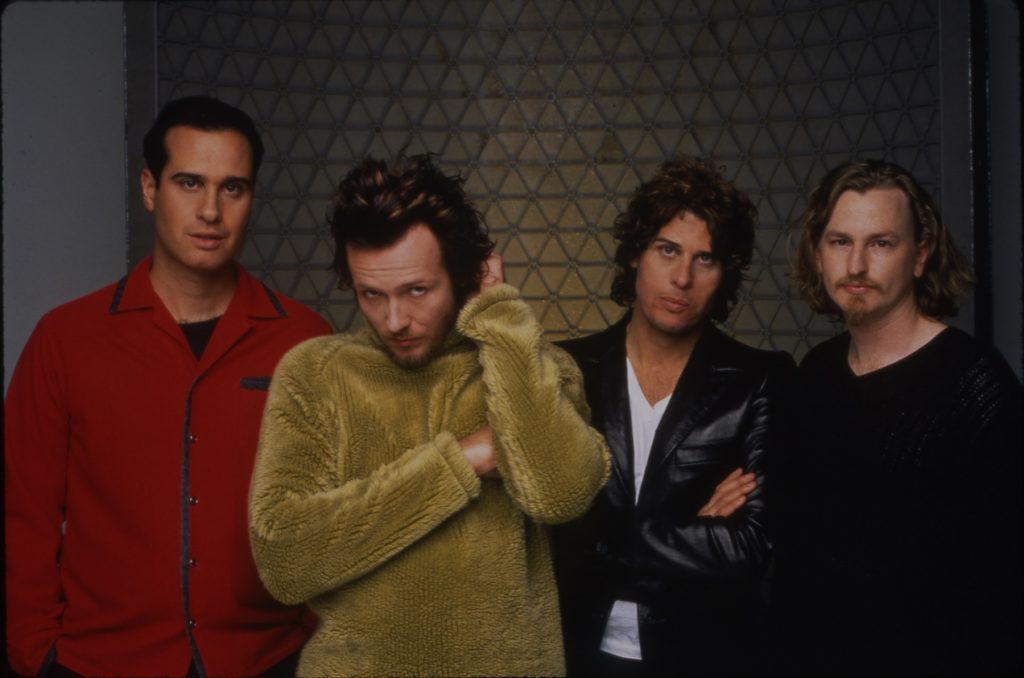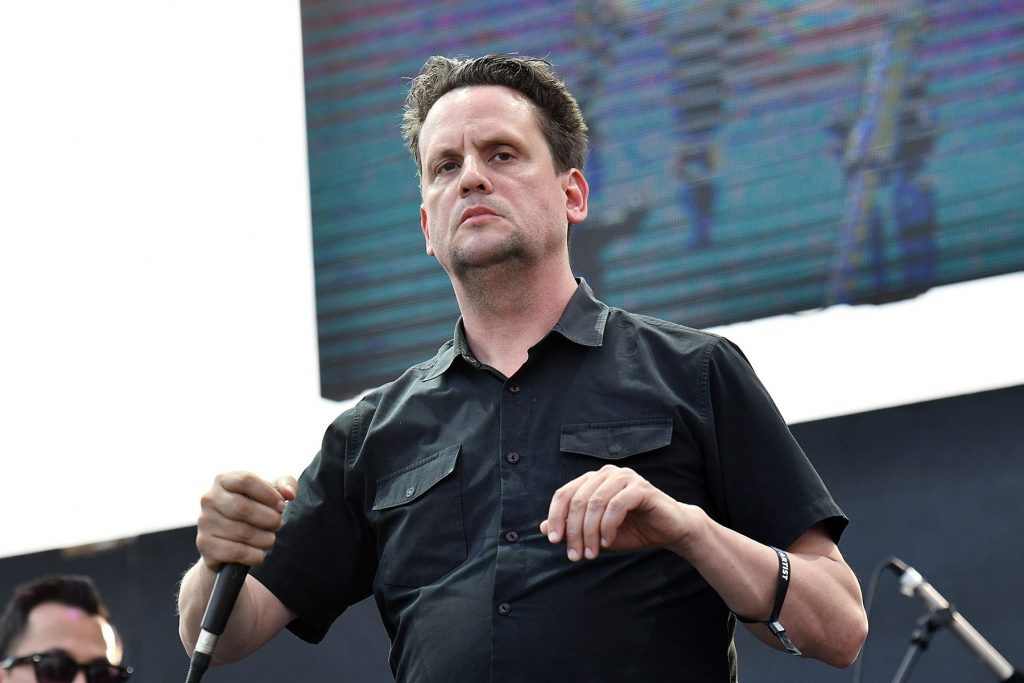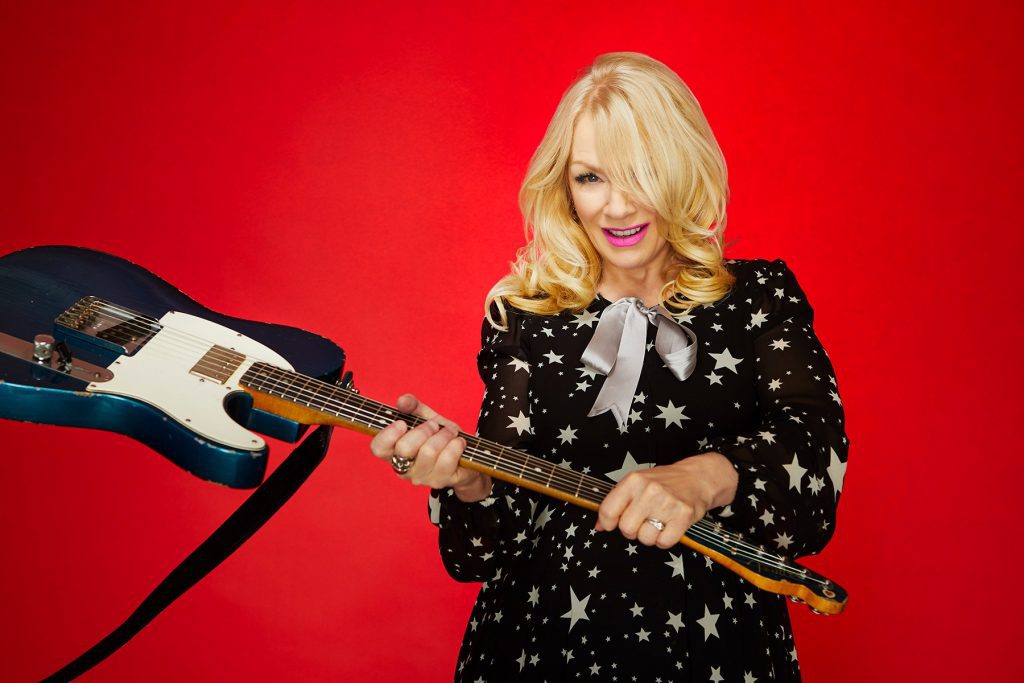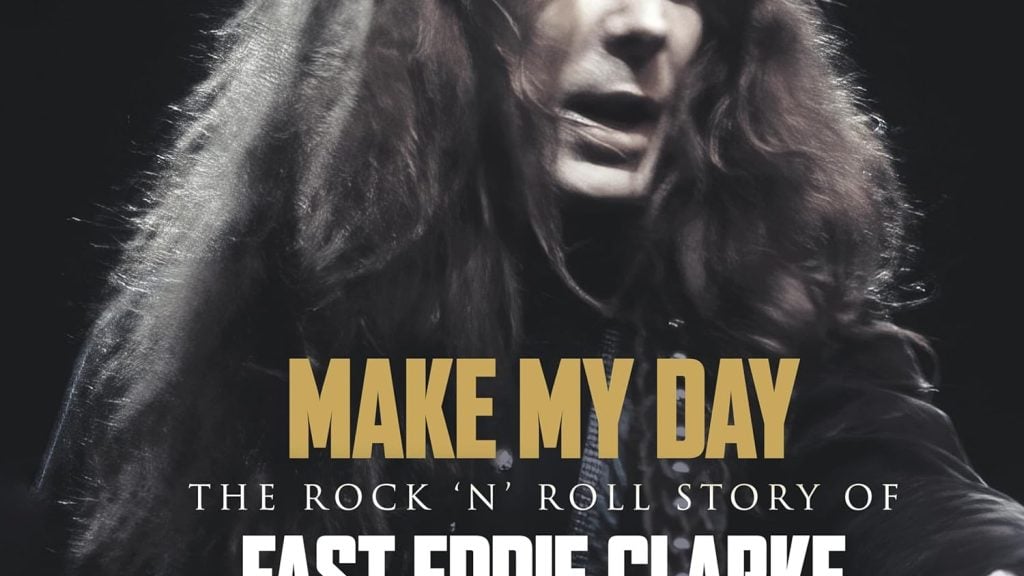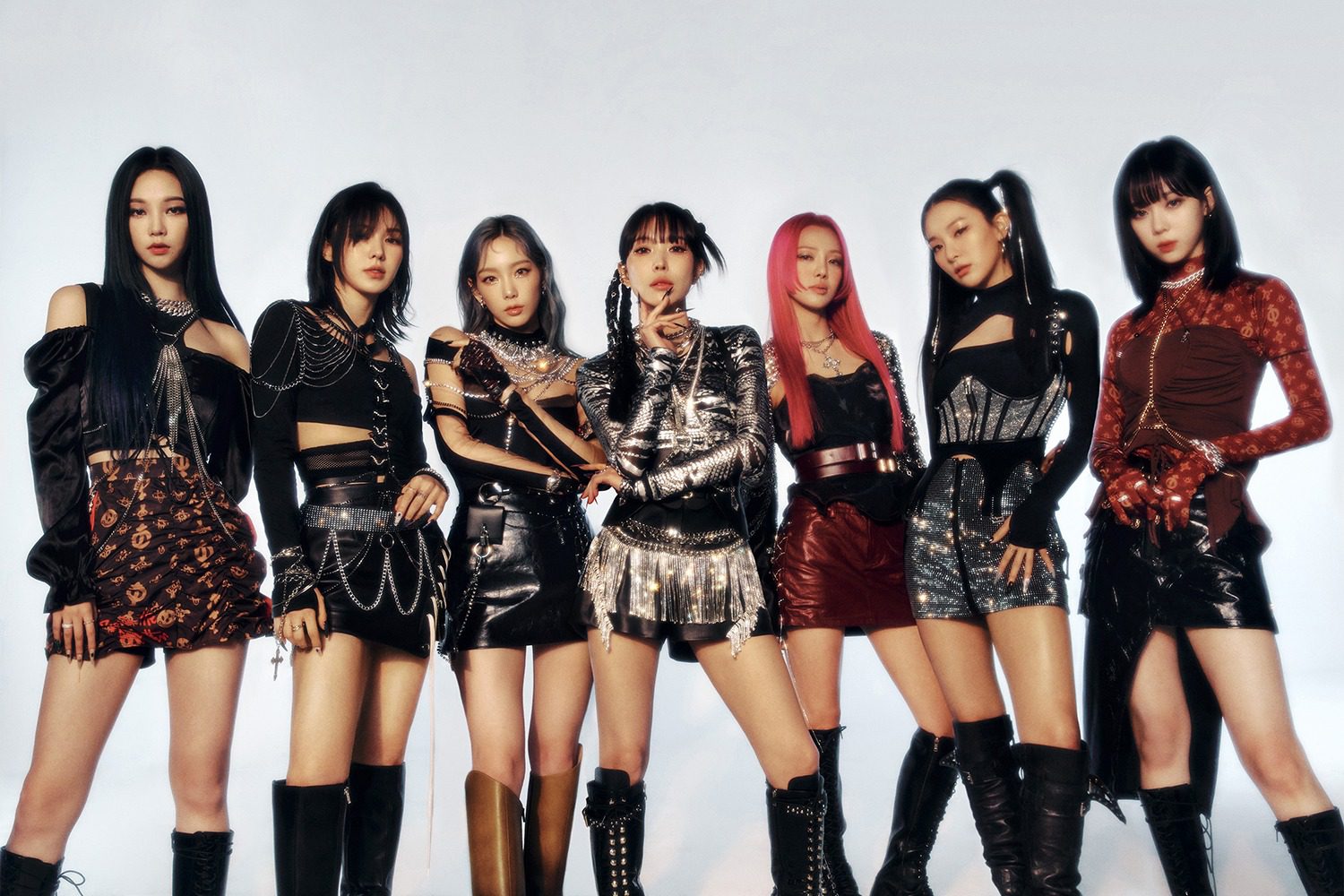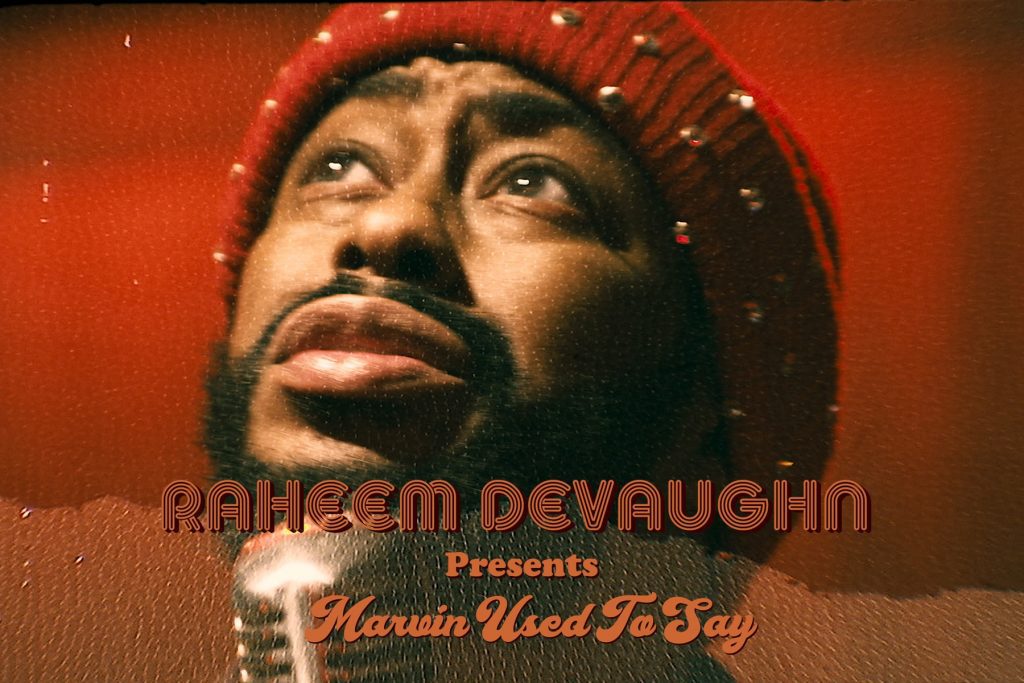
Raheem DeVaughn Channels the 1970s in Bracing ‘Marvin Used to Say’ Video
“Marvin Used to Say” has the tone of a soul lullaby, with muted funk bass, snapped fingers, and lightly strummed acoustic guitar. But this is not a cradle song — instead, all those soft textures serve as a backdrop for Raheem DeVaughn’s pointed reflection on racist violence.
The track opens with a bleak couplet: “Police killing my brother in the street/No justice no peace,” DeVaughn sings sweetly. “They said the world is changing,” he adds — “it ain’t for the better.” He continues in this vein for several minutes — “Seems like from birth I was cursed/With a guilty complexion/Can’t even walk the street in peace/Without the fear of been arrested” — before pivoting towards a hopeful ending. DeVaughn pays tribute to the work of a series of activists and civil rights leaders, and the video ends with the singer and every member of his band raising their firsts in salute.
“Marvin Used to Say” appeared last year on DeVaughn’s album What a Time To Be In Love. (This singer has always been adamant that love is his central concern; he has released eight albums with that four-letter word embedded somewhere in the title.) The Marvin in the track’s title is, of course, Marvin Gaye, whose birthday is next week. And “Marvin Used to Say” is not the only song from the set that channels Gaye’s work — the wispy, inviting “Mr. Midnight” also reaches back to the lushness of late Seventies R&B. “Pour that wine, light that J,” DeVaughn sings. “Tonight I’ll need your healing like Marvin Gaye.”
blogherads.adq.push(function () {
blogherads
.defineSlot( ‘medrec’, ‘gpt-dsk-tab-article-inbody1-uid0’ )
.setTargeting( ‘pos’, [“mid-article”,”mid”,”in-article1″,”mid-article1″] )
.setSubAdUnitPath(“music//article//inbody1”)
.addSize([[300,250],[620,350],[2,2],[3,3],[2,4],[4,2]])
;
});
